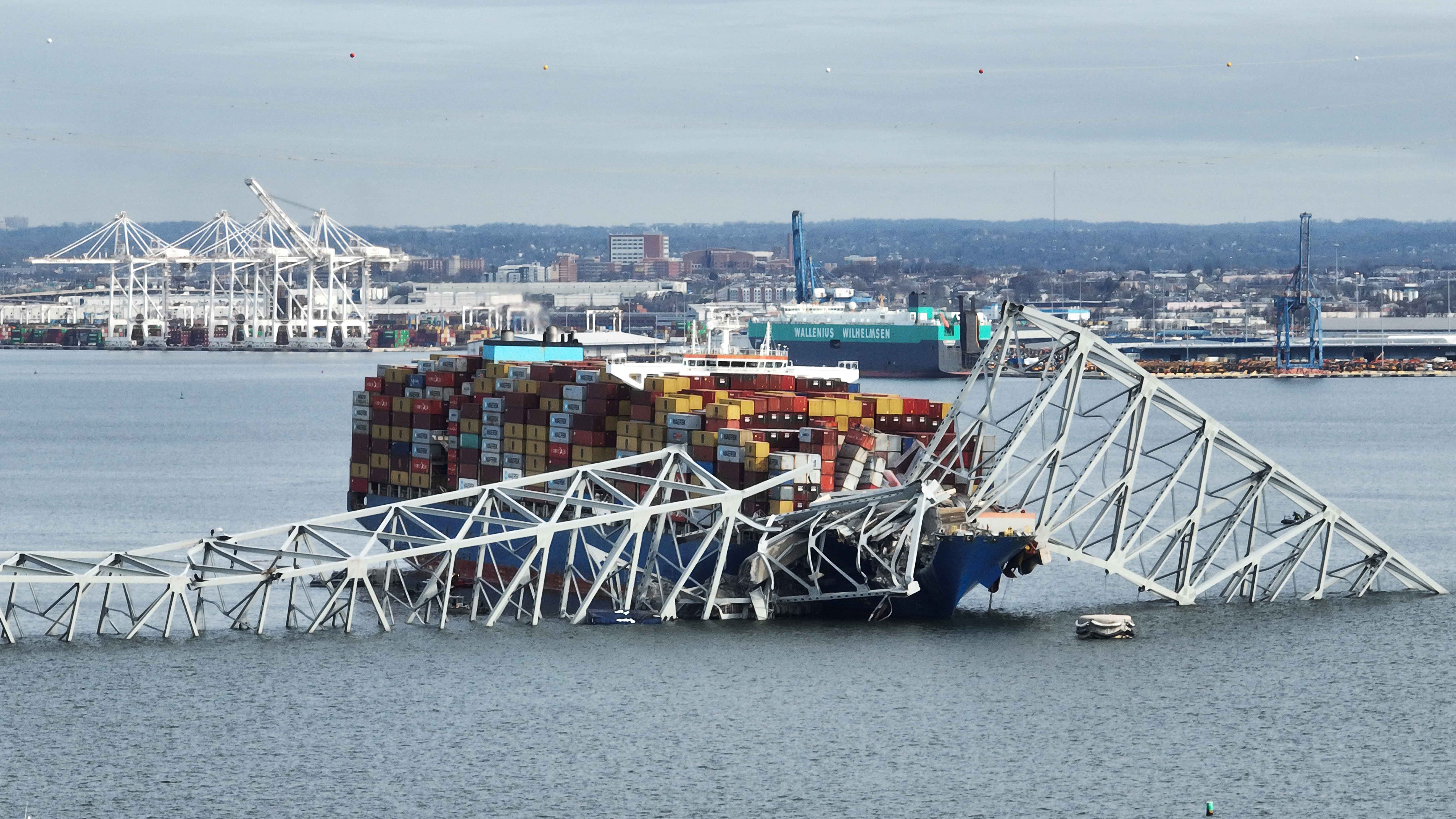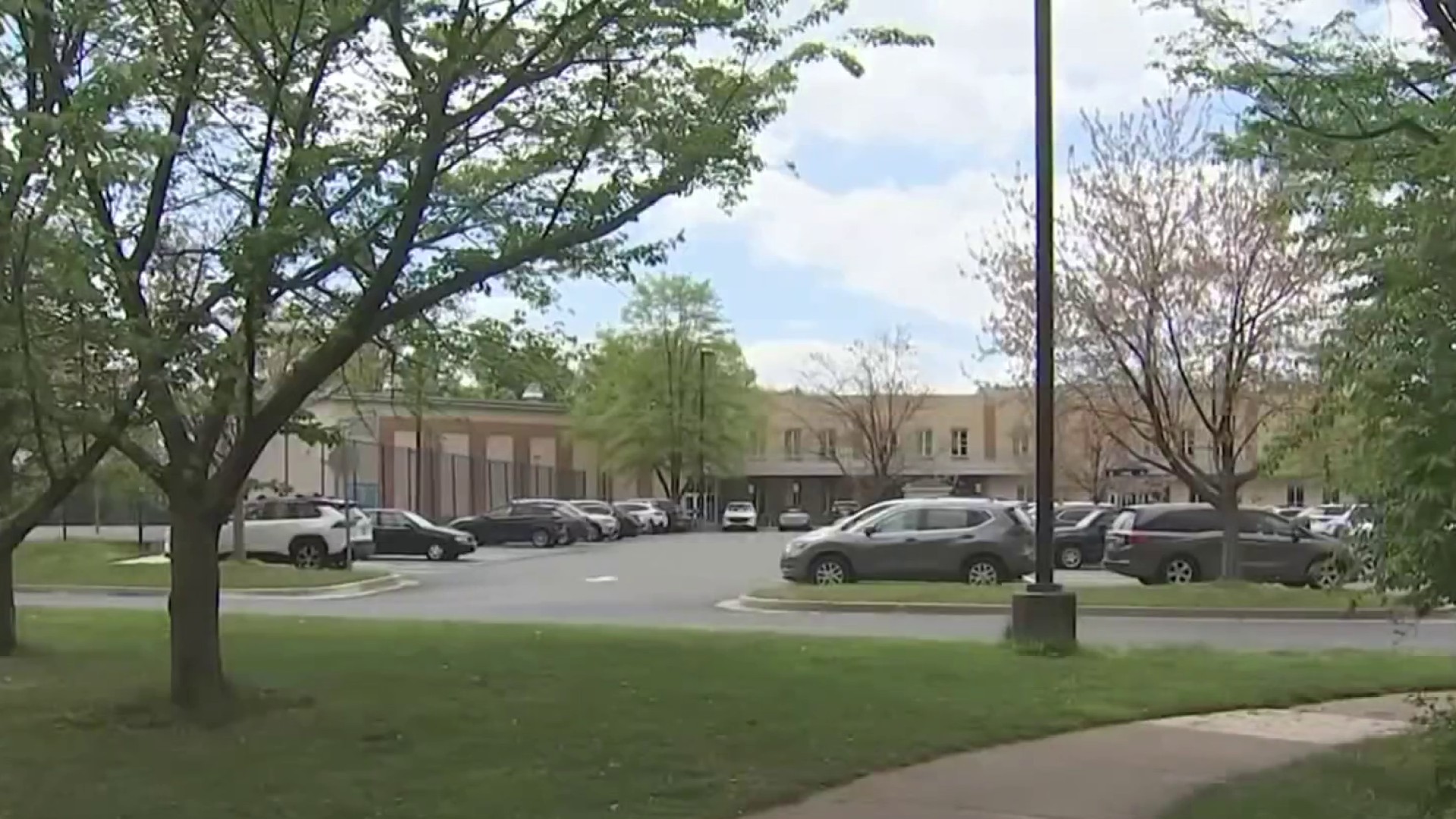As the country continues to deal with social justice issues pertaining to police and communities, the Metro Transit Police Department will have a watchdog group to review its incidents.
Members were appointed to a new review panel tasked with looking over Metro Transit Police investigations.
One of the most immediate actions Metro Transit Police has taken following recent high-profile police incidents is implementing a written duty to intervene policy, which states a transit police officer is required to step in if they believe excessive force is being used against a suspect.
We're making it easier for you to find stories that matter with our new newsletter — The 4Front. Sign up here and get news that is important for you to your inbox.
“If you see an officer have someone in a compromising position, once that individual is subdued, put them in a recovery position. Sit them up and do what you have to do there,” Metro Transit Police Chief Ronald Pavlik said.
Before summer, Metro did not have a written policy like that in place.
Local
Washington, D.C., Maryland and Virginia local news, events and information
The department also is looking to create a written policy about officers giving warnings before firing their guns.
“We will look at updating our policy that says that, you know, something to the point of maybe when feasible, officers will give a warning prior to shooting,” Pavlik said.
Pavlik faced questions from Metro’s board Thursday about how his department will adapt.
One of the major discussions was bridging a gap between the police and the community. D.C. Board member Stephanie Gidgbi said police need to meet this moment and show their support to riders.
“As someone who uses Metro, the first engagement often with a police officer shouldn’t be through enforcement, but more so just through everyday engagement,” Gidgbi said.
Pavlik said the department will focus on younger riders and their need to act appropriately on Metro. Metro’s trains and buses essentially operate as D.C.’s school bus when school is in session. Many in Prince George’s County also use Metro as their ride.
“We were all young at one time or another, and you’ve been in that school environment for eight to 10 hours, and it’s kind of unleashed all that energy you have,” Pavlik said. “Just don’t do it on the Metro.”
The department says it will also create a brand new position to directly communicate and improve relationships with local communities.



